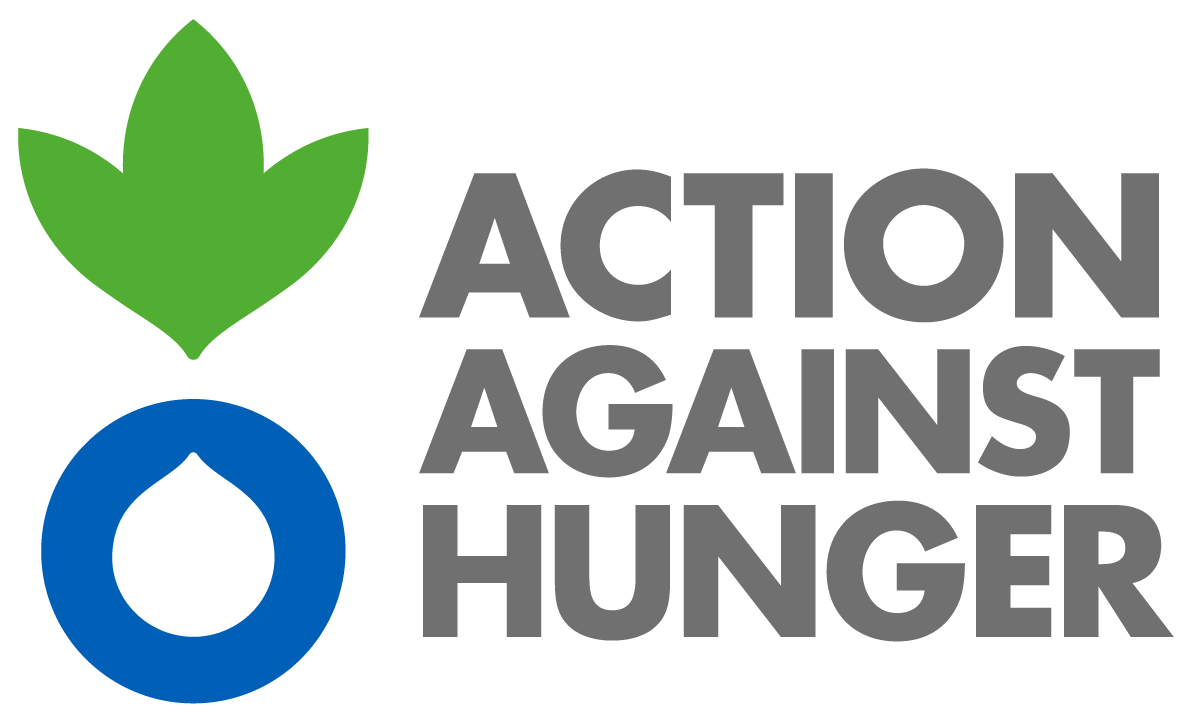Gaza’s Water Network Near Paralysis as Fuel Crisis Deepens
One Mother’s Journey from Hardship to Hope Through Uganda’s Groundbreaking Refugee Support System
Published by Action Against Hunger
New York, NY
Water Crisis Worsens in Gaza
Gaza's unprecedented humanitarian crisis is worsening further. A severe fuel shortage across the Strip is about to paralyse the supply of drinking water in several southern areas, especially in Khan Younis, where 96% of the water distributed every day is at risk of disappearing.
According to Action Against Hunger teams' reports, there has been a shortfall of more than 61% in the daily distribution of water by public providers, and close to 85% for private providers. This critical situation threatens to jeopardise access to drinking water for at least 78,000 people living in the south.
Since the start of the war, 89% of Gaza's water and sanitation infrastructure has been damaged or destroyed, including 238 water wells and essential parts of the Mekerot pipeline (the main water pipeline to Gaza). Impacts on desalination plants, water wells and pumping wells have reduced water production to less than 58% of pre-crisis levels, leaving 90% of Gaza's population without access to safe drinking water.
If fuel reserves cannot be accessed, an estimated 122 municipal facilities, including wells and sewage pumping stations, will run out of fuel by the end of June, impacting support for one million people across Gaza.
Why is fuel so important?
Without fuel, all humanitarian infrastructure and service delivery cannot function, and thousands of people are left without access to clean water. For example:
- Water treatment plants need 2,642 gallons of fuel per day to keep running.
- A humanitarian organisation distributing water needs 69 gallons of fuel per day.
- A local company that distributes water in the central and southern area needs more than 116 gallons per day to operate.
Only immediate and unimpeded humanitarian access — to all Gaza crossings, to movements within Gaza, as well as to families in need and to fuel stocks — will prevent a major catastrophe.
Action Against Hunger's response
Action Against Hunger has more than 100 water trucking points across Gaza City, Deir el Balah, and the south. All points in northern Gaza are currently under movement orders and movement restrictions, which affect operations.
We continue to support health centers and Internally Displaced Persons camps with nutrition activities, hygiene promotion, cash assistance for households, as well as the provision of food in collaboration with community kitchens.
We continue to remove solid waste. However, Action Against Hunger teams have observed a marked decrease in the amount of waste produced, partly due to people retaining waste to burn as fuel. This is an unsafe and toxic practice that testifies to the increasing scarcity of fuel across the Strip.
***
Action Against Hunger has been assisting the population in Gaza for more than 20 years. Responding to the escalating crisis, our teams have mobilized to provide hot meals and fresh and dry food, distribute hygiene kits, connect people with shelters, and truck clean water into communities. Since the start of the conflict, under restricted access and frequent blackouts, Action Against Hunger has assisted more than one million people in Gaza and the West Bank.

